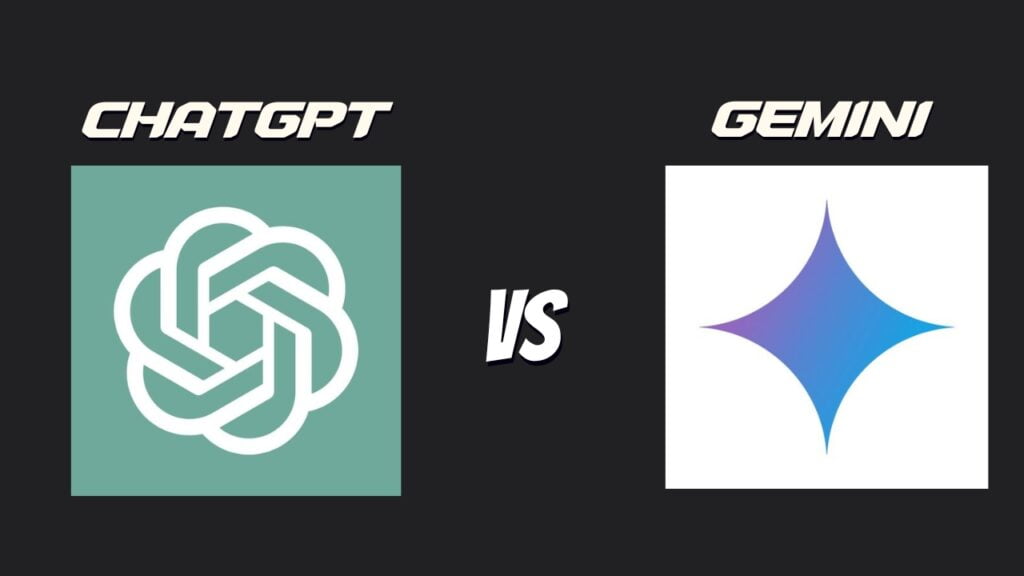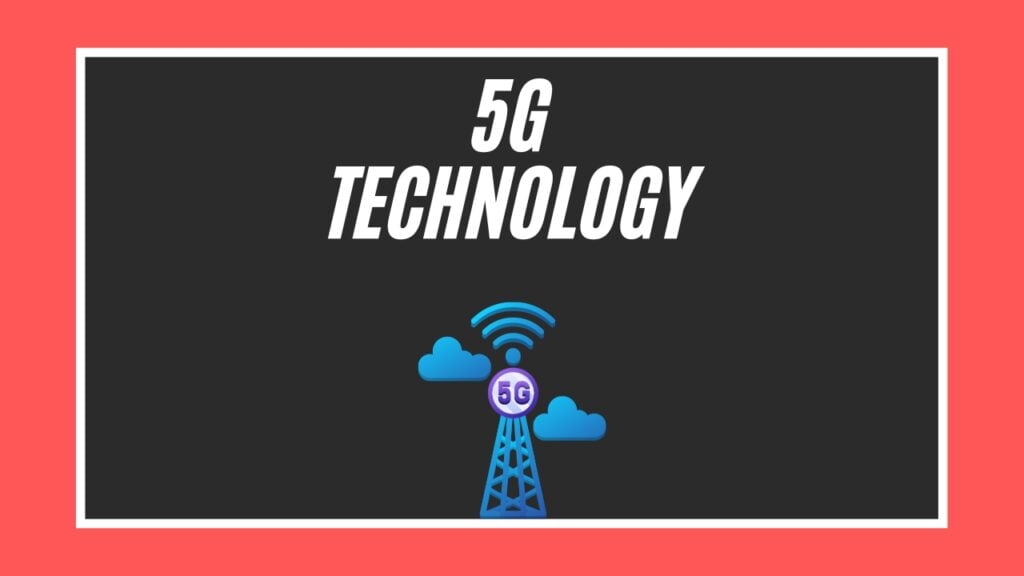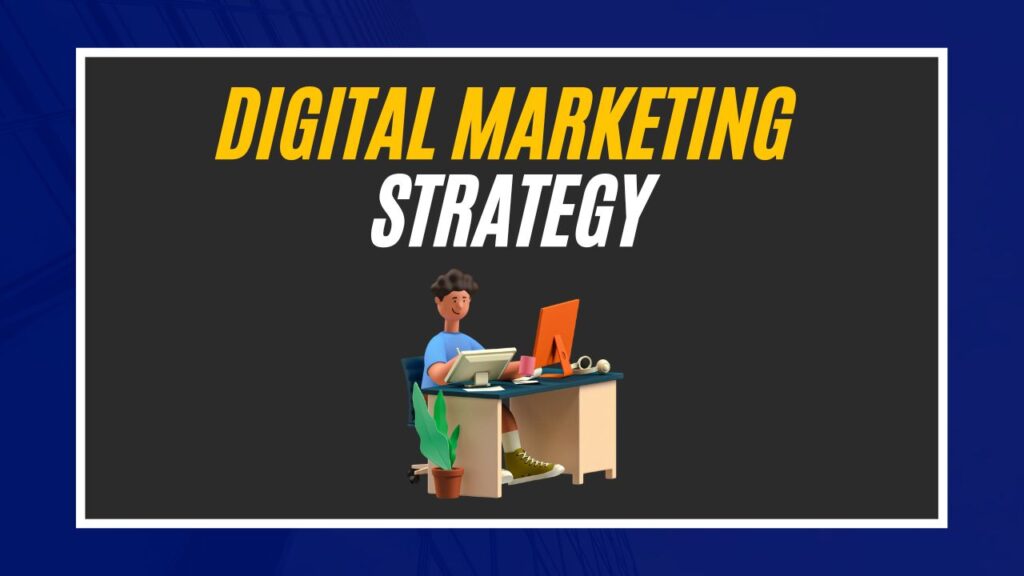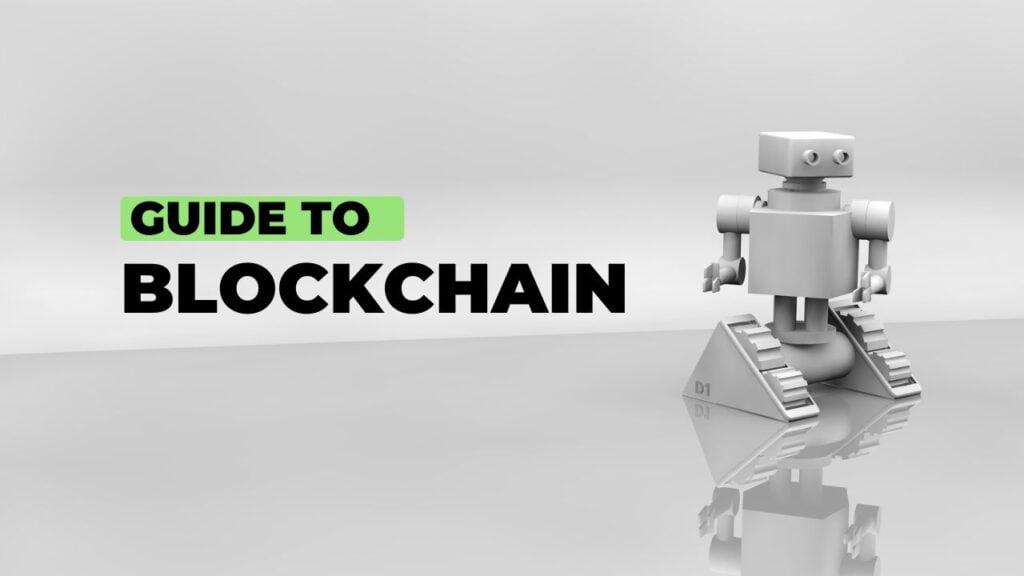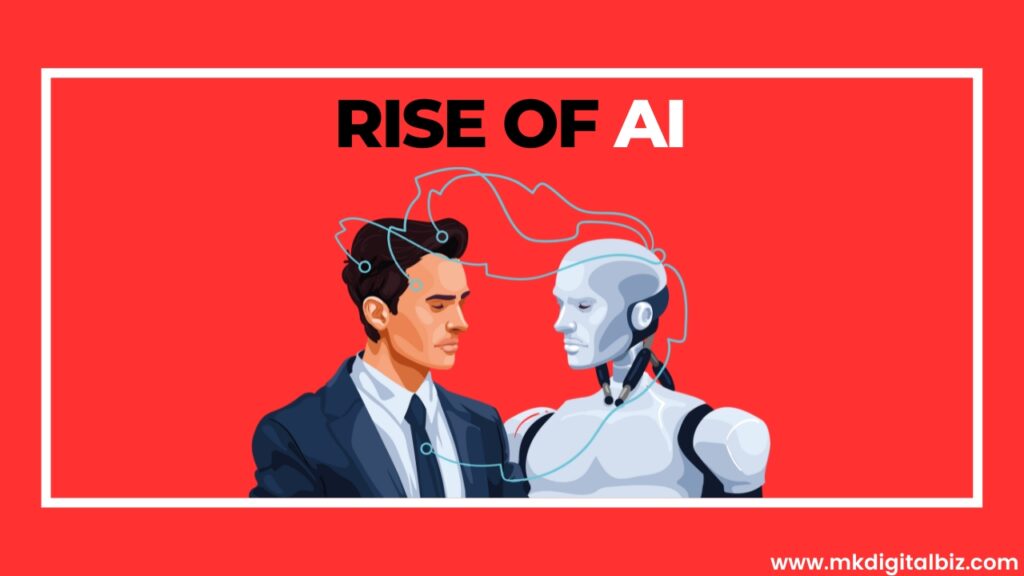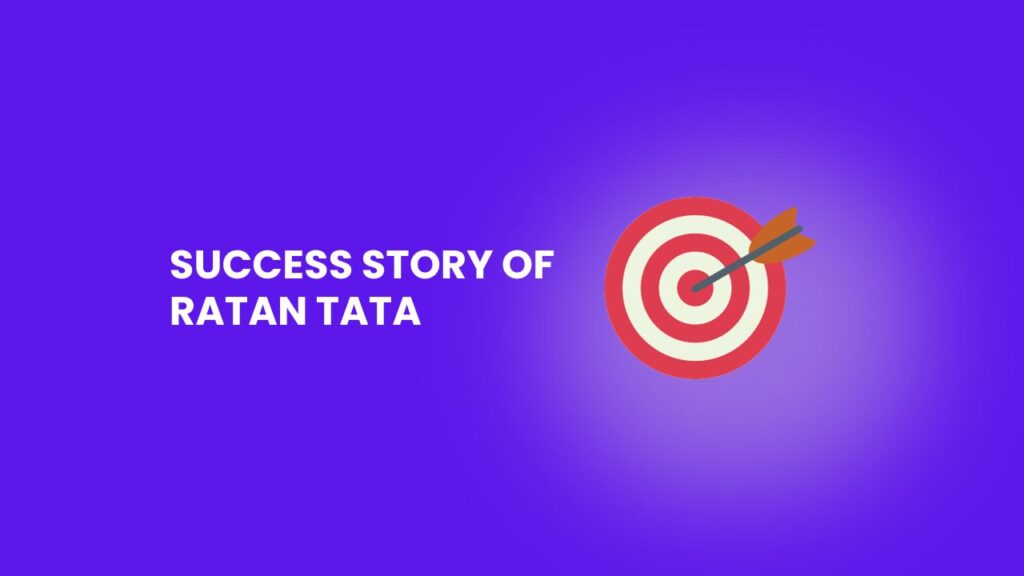Is digital marketing a network marketing scheme or an MLM scheme?
No, digital marketing is far different from a network marketing scheme.
In the age of the internet, digital marketing has become an essential component of any successful business strategy. Whether you run a small local business or a global corporation, understanding the basics of digital marketing is crucial for reaching and engaging your target audience.
In this article, we will explore the fundamental concepts and strategies of digital marketing that can help you navigate the ever-evolving online landscape.
What is Digital Marketing ?
Digital marketing refers to the use of digital channels, platforms, and technologies to promote and advertise products, services, or brands. It encompasses a wide range of online marketing activities and strategies designed to connect businesses with their target audience in the digital space.
Digital marketing leverages the internet and electronic devices to reach potential customers and drive brand awareness, engagement, and sales.
Key Components of Digital Marketing
1. Website
Your website is the foundation of your digital presence. It should be user-friendly, responsive, and contain relevant information about your products or services.
2. Content Marketing
Content is king in the digital world. It includes blogs, articles, videos, infographics, and other forms of media designed to engage and inform your audience.
Content Strategy: Developing a plan for creating, distributing, and managing content that aligns with business goals and audience needs
Content Distribution: Sharing content through different channels, including social media, email, and other online platforms.
3. Search Engine Optimization (SEO)
SEO helps optimize online content to improve its visibility in search engine results. The goal is to increase organic (non-paid) traffic to a website.
On-page SEO: involves optimizing individual web pages to rank higher and earn more relevant traffic in search engines. This includes optimizing content, meta tags, headings, and images.
Off-page SEO: Focuses on building a website's authority and trustworthiness through activities like link building, social media engagement, and influencer outreach.
Technical SEO: It involves optimizing the technical aspects of a website, such as site speed, mobile friendliness, and crawlability, to improve its search engine ranking.
4. Search Engine Marketing (SEM) or Pay-Per-Click (PPC)
It is a digital marketing strategy that involves promoting a website through paid advertising. It encompasses a variety of paid advertising options, with the most common being pay-per-Click (PPC) campaigns. The primary goal of SEM is to drive targeted traffic to a website, increase brand awareness, and generate conversions.
Keyword Research: Identifying and targeting specific keywords relevant to the business to create ads that will appear in search engine results.
Ad Creation: Designing compelling and relevant advertisements that encourage users to click through to the website.
Bid Management: Setting bids for ad placement and managing the budget to maximize the return on investment.
5. Social Media Marketing
Social media marketing (SMM) is a digital marketing strategy that involves using social media platforms to connect with the target audience, build brand awareness, drive website traffic, and ultimately achieve business goals.
Platform Selection: Choosing the right social media platforms based on the target audience For example, visual content might perform well on Instagram, while professional content may be more suitable for LinkedIn.
Content Creation: Developing engaging and shareable content, including images, videos, and posts that align with the brand's identity.
Community Engagement: actively participating in conversations, responding to comments, and fostering a sense of community around the brand.
6. Email Marketing
Email marketing is a digital marketing strategy that involves sending targeted messages and promotional content to a group of people via email. It is a powerful tool for building and nurturing relationships with a brand's audience, driving engagement, and converting leads into customers.
List Building: Growing a subscriber list through opt-ins and other strategies.
Segmentation: Dividing the email list into segments based on characteristics like demographics, behavior, or preferences.
Automation: Implementing automated email campaigns to deliver personalized and timely messages to subscribers.
7. Analytics and Data Analysis
Analytics and data analysis play a crucial role in digital marketing, helping businesses understand the performance of their online strategies and make informed decisions for improvement.
Data Collection: Using tools like Google Analytics to collect data on website traffic, user behavior, and other key metrics.
Analysis: Interpreting data to gain insights into the performance of marketing campaigns and identify areas for improvement.
Reporting: Creating reports to communicate key performance indicators (KPIs) and the overall impact of digital marketing efforts.
8. Affiliate Marketing
Affiliate marketing is a performance-based marketing strategy where a business rewards one or more affiliates for each visitor or customer brought by the affiliate's marketing efforts. It's a way for companies to leverage the efforts of independent marketers or affiliates to drive traffic, generate leads, and make sales.
Conclusion
Digital marketing is an ever-evolving field, and staying up-to-date with the latest trends and technologies is crucial for success. By understanding the basics of digital marketing, setting clear goals, and consistently creating valuable content, you can build a strong online presence and connect with your target audience effectively. Whether you're a seasoned marketer or just getting started, digital marketing offers endless possibilities for businesses of all sizes.
